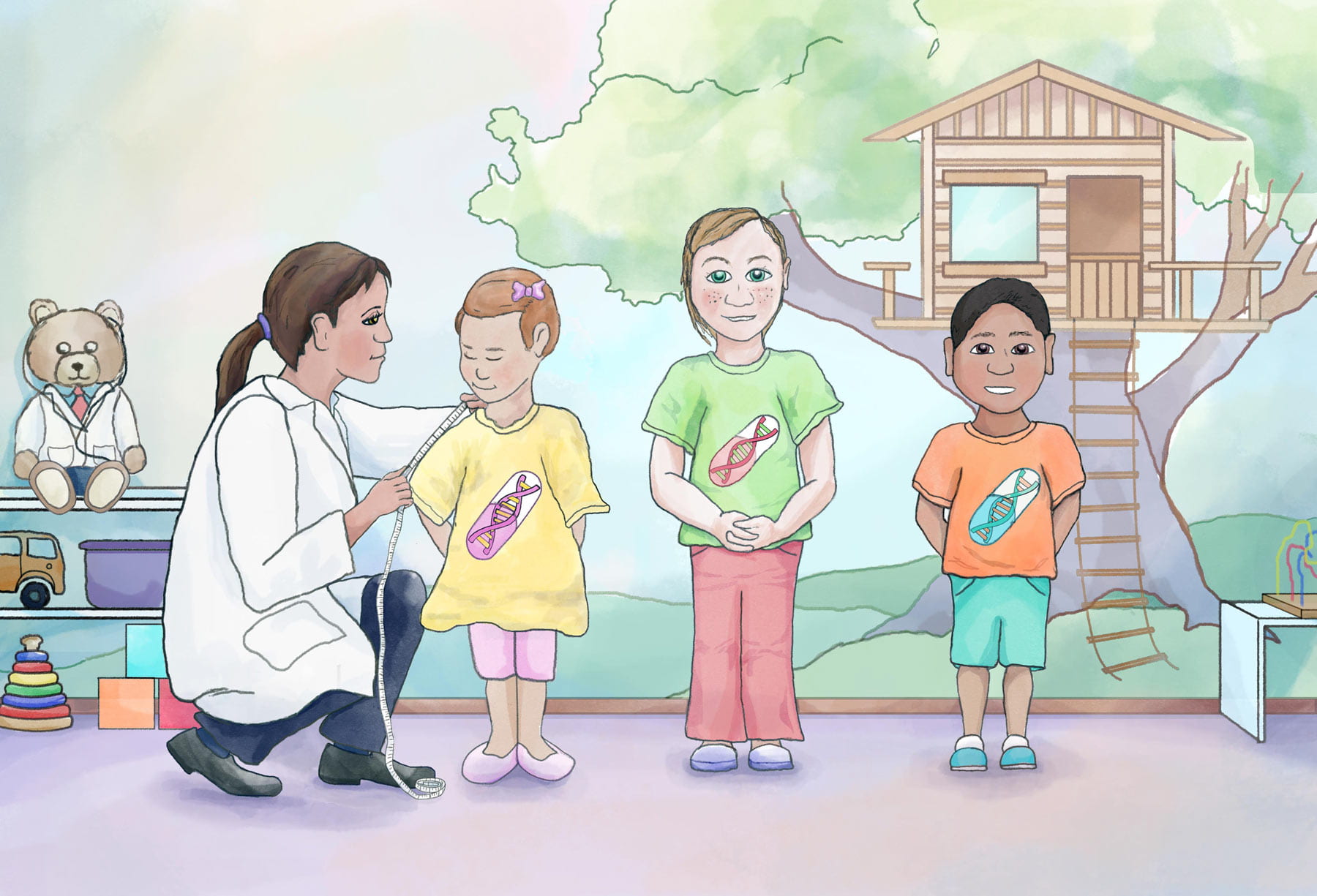Devika G. Bansal, UC Santa Cruz Science Notes
“We can’t change which drugs are available,” says Morozova. “But we’re realizing there’s a lot of opportunities [for pediatric cancer]—a lot more than we previously thought.”
In May 2012, a ten-year-old boy named Kelvin was diagnosed with an unusual cancer called a sarcoma, a tumor not typically found in the brain. His doctors took an aggressive approach: They removed the tumor and gave him six cycles of high-dose chemotherapy. The tumor subsided.
But one year later, the fast-dividing tumor cells had spread from his brain into his lungs. Kelvin lost his appetite and 20 pounds, and he was too tired to go to school. A fresh round of chemotherapy brought no results. The situation was grim. “Most people with relapsed sarcoma would live not more than three months,” says Rod Rassekh, Kelvin’s oncologist at the British Columbia Children’s Hospital in Vancouver.


Recent Comments